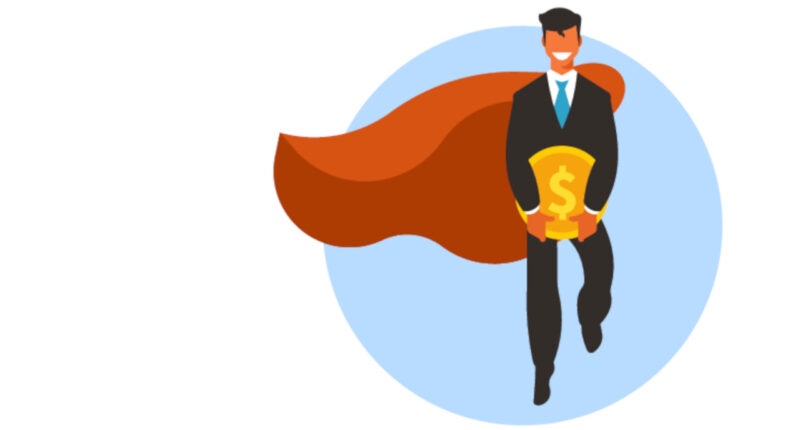Artificial intelligence will likely widen the performance gap between top-performing employees and average workers, contradicting conventional wisdom that AI levels the playing field, according to research examining how different employees leverage new workplace technologies.
The analysis by Matthew Call, associate professor in the department of management at Texas A&M University’s Mays School of Management, identifies three compounding advantages that enable superstars to extract fundamentally more value from AI systems than their peers: domain expertise, systematic work habits and managerial discretion, reports The Wall Street Journal.
High performers use years of experience to ask nuanced, targeted questions about competitive dynamics, regulations and barriers rather than generic prompts, resulting in more useful outputs. Research shows employees with greater expertise are also significantly better at accepting AI recommendations when correct and rejecting them when wrong.
Stars work more systematically in general, providing the clear, structured inputs that AI tools respond to best. This organised approach delivers dramatically better results than workers who dive in randomly without thoughtful planning.
The reputation and status of top performers grant them autonomy to experiment with AI immediately, testing boundaries and building personalised workflows, whilst average employees wait for official guidance or follow company-approved templates for fear of making mistakes.
This creates additional problems beyond the performance gap itself. Decades of research show high-status individuals gain outsize credit for doing work similar to that of low-status employees. When AI assistance is invisible, observers fill gaps based on existing beliefs – stars’ AI-enhanced work becomes proof of superior judgment, whilst average performers face the assumption that AI must have done exceptional work.
The dynamic creates a double bind for average employees who are already less equipped to leverage AI strategically. Even when they produce outstanding AI-assisted work, they’re unlikely to receive career-advancing recognition, as suspicion of AI involvement sometimes diminishes how others view their contributions.
Call recommends three interventions: creating “AI sandbox” time where all employees can test tools without fear of making mistakes, establishing shared collections of effective AI prompts rather than letting stars hoard discoveries, and redesigning evaluation systems to account for AI-augmented work regardless of performer status.
Without systemic changes, AI risks creating a two-tier workforce where a small group captures most opportunities whilst everyone else falls further behind, intensifying workplace tensions that undermine team cohesion, says Call.











